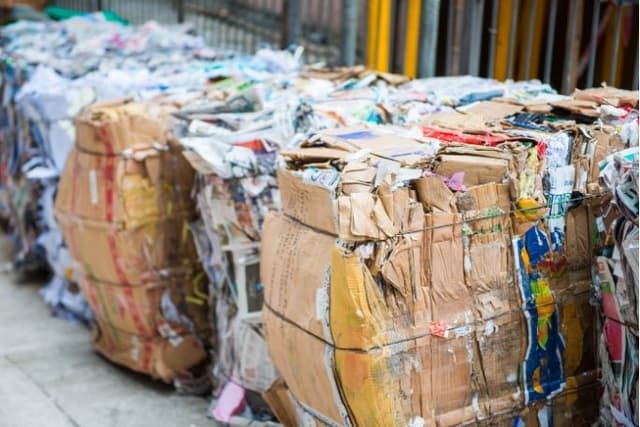
Visy Education - More than Just Fiction - NAPLAN Style Narrative Writing
Lesson4 of 4 in this unit
SecondaryYear 9 - 10EnglishCreative writingEnvironmentalRecyclingSustainability
Summary
Lesson Guides and Printables
Lesson Plan

Student Worksheet

Teacher Content Info
